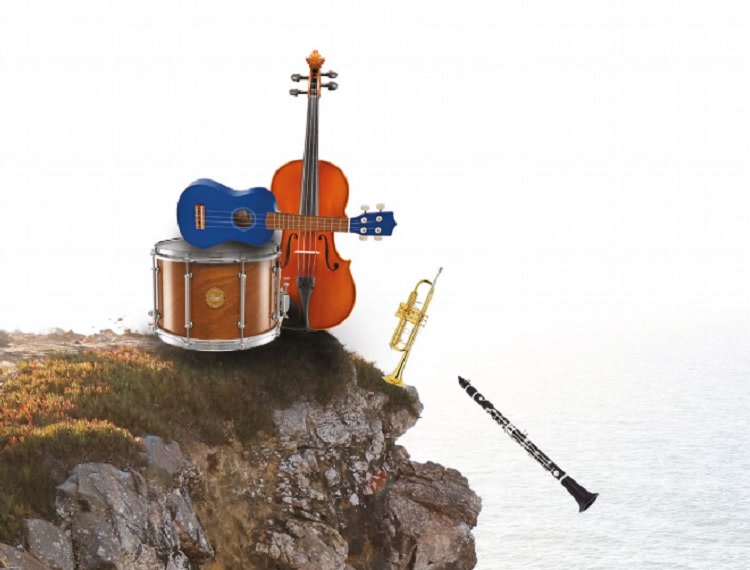New music education report State of the Nation released

The All-Party Parliamentary Group for Music Education, in partnership with the University of Sussex and the Incorporated Society of Musicians (ISM), this week (Monday 4 February) released a new report entitled Music Education: State of the Nation which outlines the broad landscape of music education in England.
The new report, authored by Dr Alison Daubney (University of Sussex), Gary Spruce (Birmingham City University) and Deborah Annetts (ISM) with foreword from Diana Johnson MP and Andrew Percy MP, is the culmination of several months rigorous research into both music education and the broader education landscape in England.
Digging deep into the government’s own figures whilst also bringing together academic research, surveys and analysis of current trends, State of the Nation asks serious questions regarding the direction of travel of current education policy.
The summary in brief:
* Report by the All-Party Parliamentary Group for Music Education, University of Sussex and the Incorporated Society of Musicians (ISM).
* Report draws together significant research from University of Sussex, BBC, UCL/NUT, ASCL, and ISM.
* Led by Dr Alison Daubney, PhD Senior Teaching Fellow, University of Sussex and Mr Gary Spruce, Visiting Lecturer in Music Education, Birmingham City University, the report is an important piece of research for all those who love music or are engaged in policy making within the education sector.
* Report drills deep into the Government’s own figures regarding the impact of the Government’s flagship education policy, the English Baccalaureate (EBacc), on creative subjects. The Department of Education (DfE) define the EBacc as a ‘performance measure for schools, not a qualification for pupils’.
* The EBacc, based on the 1904 Secondary Regulations, (the government’s major headline accountability measure) is driving creative subjects from our schools. And yet, even though the current version of the EBacc has been in place since 2015, only 38% of students in state-funded schools are entering it. This is against the Government’s target figure of 75% by 2022 (90% by 2025). And in 2017/2018 only 16.7% of students attained it, a fall of over 4% from 2016/2017.
* Report reveals that the EBacc is negatively impact young people from groups experiencing high levels of social deprivation. Students are discouraged from taking creative subjects in order to focus on subjects that form part of the EBacc. Yet a higher percentage of secondary students eligible for free school meals (FSM) were temporarily or permanently excluded from school last year than achieved the EBacc.
* Report challenges the Government’s position that music GCSE is broadly stable (Schools Minister Nick Gibb to the DCMS Select Committee, December 2018). In fact, the DfE’s own statistics show a fall of 17% in music GCSE since 2014/2015.
* Report also uncovers the true position of the music education workforce. DfE teacher workforce data shows that at Key Stage 3, there has been a music teacher workforce drop of 26.7%. This reflects the encroachment of the EBacc into Key Stage 3.
* So the question which policy makers must answer is whether the devastating impact on music education and other creative subjects caused by the EBacc is worth it?
* A similar picture is being played out in our primary schools where SATs are driving out creative subjects, including music.
* Report also assesses the latest proposals from Ofsted and raises concerns as to whether its current direction of travel will deliver the much needed broad and balanced curriculum in our schools.
* Report sets out 18 recommendations for music education and the broader education landscape.












Responses